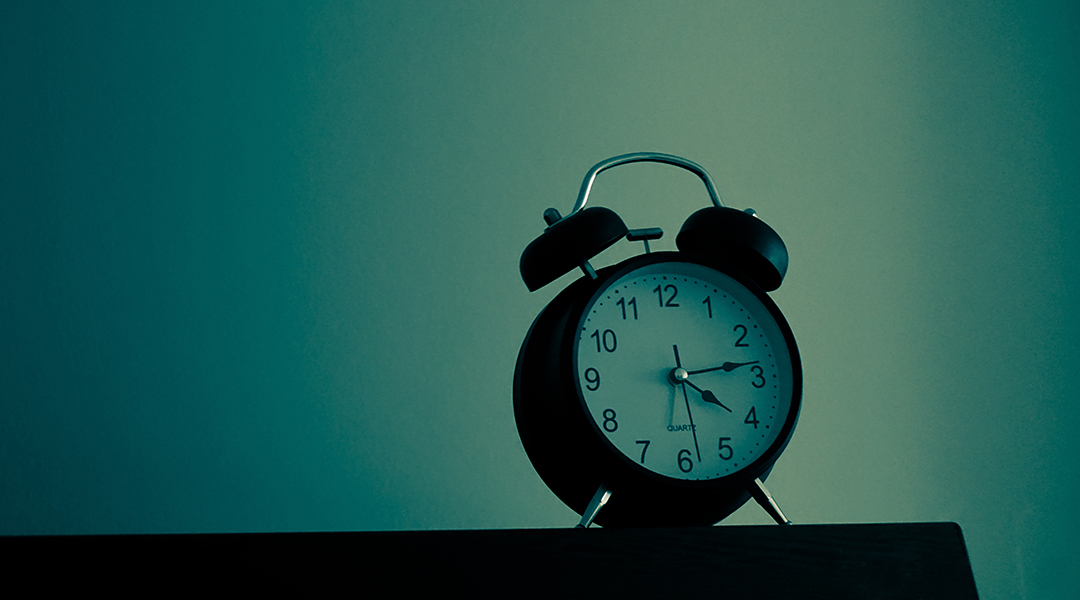Have you ever wondered how you wake up at the same time every day, even without setting an alarm? Your body has its built-in alarm clock, known as the circadian rhythm, which regulates various biological processes, including sleep-wake cycles. Understanding how your body works as an internal alarm can shed light on the importance of maintaining a consistent sleep schedule and optimizing your overall well-being.
Circadian Rhythm: Your Body’s Internal Clock
- The circadian rhythm is a natural, internal process that regulates the sleep-wake cycle and repeats roughly every 24 hours.
- Governed by the suprachiasmatic nucleus (SCN) in the brain’s hypothalamus, the circadian rhythm responds to environmental cues such as light and darkness to synchronize your body’s internal clock with the external world.
- Exposure to natural light during the day and darkness at night helps maintain a healthy circadian rhythm, promoting wakefulness during the day and restorative sleep.
Role of Melatonin:
- Melatonin is a hormone produced by the pineal gland in response to darkness, signaling to your body that it’s time to prepare for sleep.
- As evening approaches and ambient light decreases, melatonin levels rise, helping you feel drowsy and facilitating the onset of sleep.
- Conversely, exposure to bright light, particularly blue light from electronic devices, can suppress melatonin production, making it harder to fall asleep and disrupting your circadian rhythm.
Also Read: Indian Navy saves 23 Pakistani crew from hijacked Iranian vessel
Sleep-Wake Homeostasis:
- In addition to the circadian rhythm, your body’s sleep-wake homeostasis also plays a crucial role in regulating sleep patterns.
- Sleep-wake homeostasis refers to the balance between the need for sleep (sleep debt) and the drive to stay awake, which accumulates over the day.
- When you’re sleep-deprived, your body increases the pressure to sleep, leading to a stronger drive for sleep and more profound sleep the following night.
External Factors Affecting Your Internal Alarm Clock:
- While your body’s internal clock plays a significant role in regulating sleep patterns, external factors such as work schedules, social obligations, and lifestyle choices can influence your sleep-wake cycle.
- Irregular sleep patterns, exposure to artificial light at night, and shift work can disrupt your circadian rhythm, leading to sleep disturbances and potential health consequences.
- Consistency in sleep habits, such as maintaining a regular bedtime and wake-up time, can help synchronize your internal alarm clock and promote better sleep quality.
Your body’s internal alarm clock, governed by the circadian rhythm and sleep-wake homeostasis, plays a vital role in regulating your sleep-wake cycle and overall well-being. By understanding how these biological processes work and prioritizing healthy sleep habits, you can optimize your internal alarm clock and enjoy restful, rejuvenating sleep night after night.
Also Read: Must-Visit Beaches in Maharashtra: A Coastal Paradise











